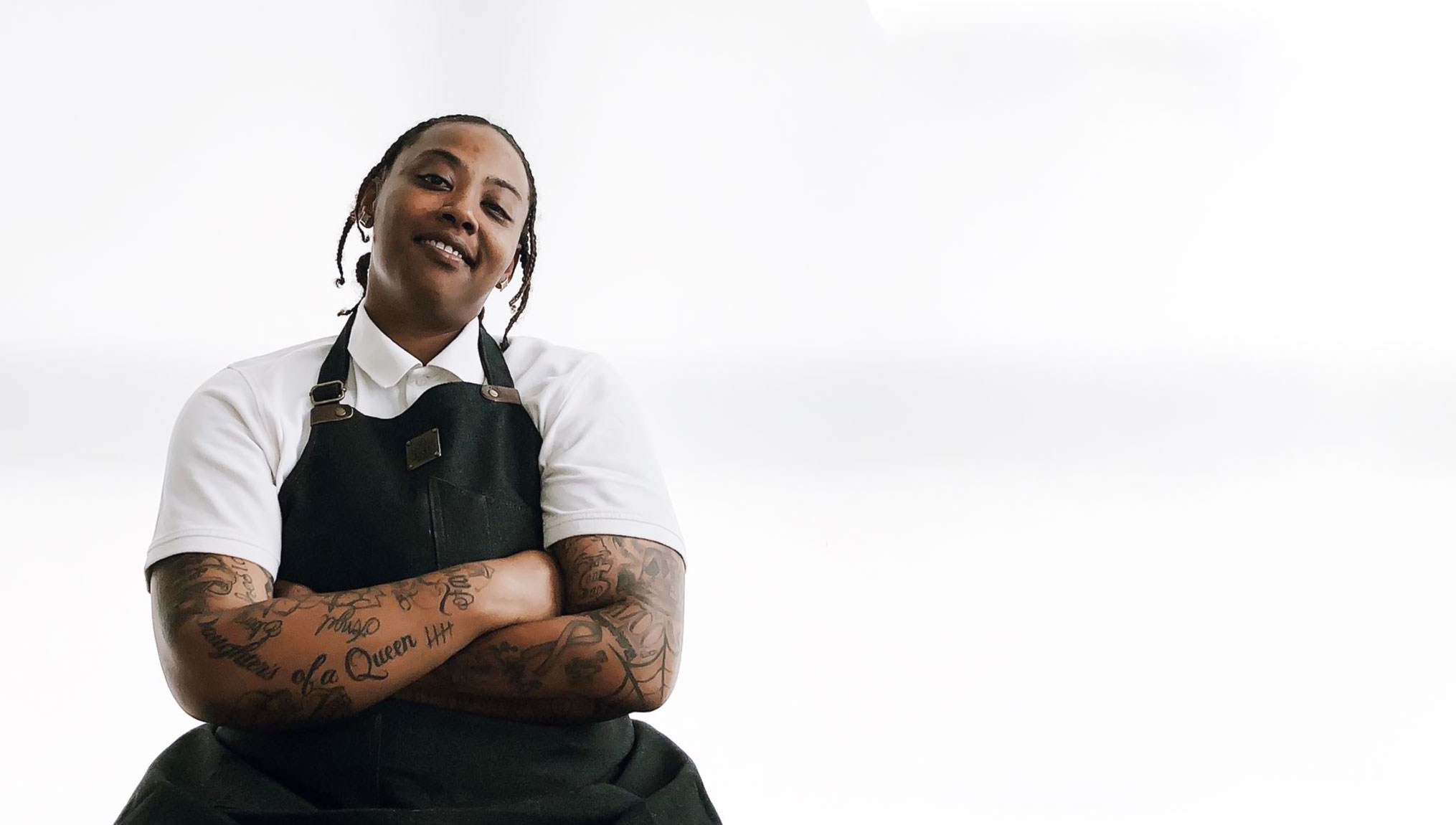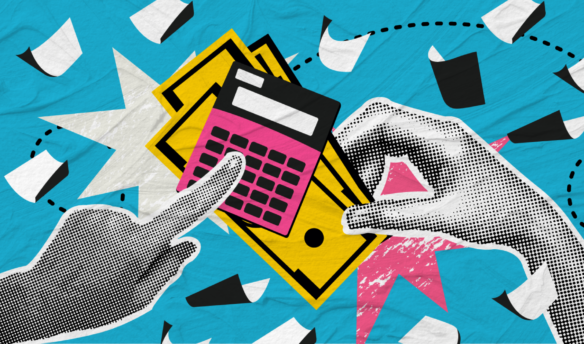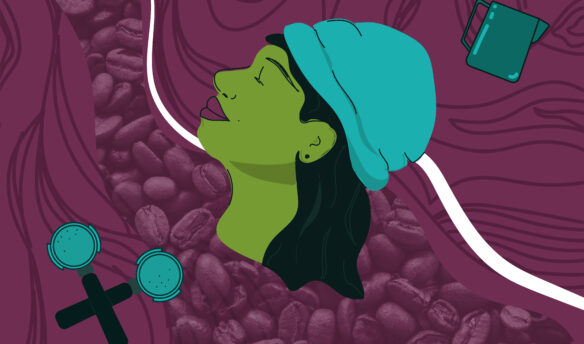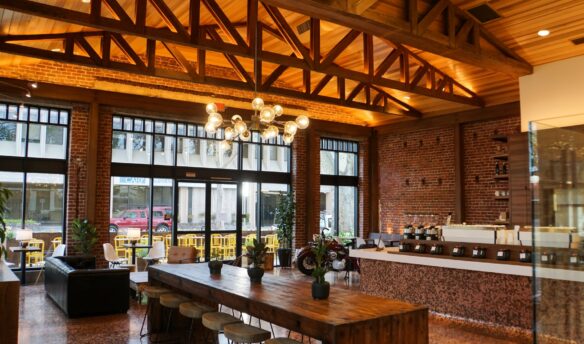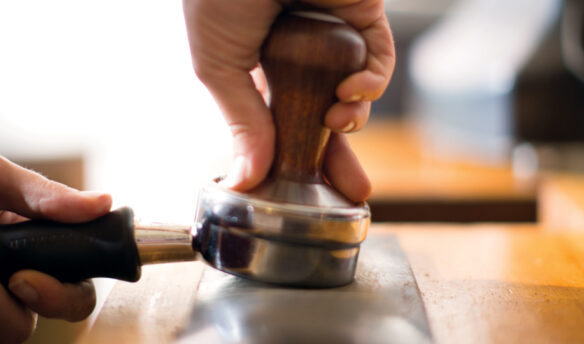Photo of LaNisa: @baristalifela
Earlier this month, Barista Life LA creator LaNisa Williams launched the #BlackinBrew Instagram campaign, which features Black coffee industry professionals from around the world. It has since garnered the attention not only of many in the industry, but media outlets including various podcasts and even the Los Angeles Times.
Initially created to highlight Los Angeles-area baristas, Williams pivoted to take it “a step further” to feature Black people in the coffee industry as a whole.
“In March, right before the pandemic hit, I had the idea of highlighting local baristas in the L.A. area,” says Williams. “But stuff happened, and I didn’t get to devote enough time to that.”
However, once the Black Lives Matter movement gained momentum following the murder of George Floyd, Williams returned to the idea, broadening the concept to focus on Black people throughout the entire coffee community. During a brainstorming session with her partner, she casually tossed around the name “black in brew.”
“It was the perfect fit, it just rolled off my tongue,” she recalls.
And so, at the start of June, Williams put out a call on her Instagram page for Black coffee professionals to reach out and share their stories on her platform.
Since launching the campaign, Williams has interviewed Black baristas, café owners, communications managers, and more from California, Texas, South Carolina, and even the United Kingdom. With each Instagram post, followers gain a unique insight into the challenges these professionals are facing, their coffee career history, how they are adapting to the COVID-19 pandemic, fighting racial injustice, and what progress they hope to see within the industry.
“I’ve met some amazing Black people in the coffee community,” she says. “I just feel like we don’t have enough representation….You don’t usually find people like me in coffee.”
A 2020 Sprudge Twenty honoree, Williams has been in the industry for more than a decade, starting out as a barista at Starbucks and then at Peet’s Coffee, where she worked her way up to district trainer.
“Then I felt like there wasn’t anywhere else for me to go,” she says. “I’d apply for a higher position, but I never got that promotion that I was looking for….I got looked over. So I decided to step away.”
That’s when Williams created Barista Life LA—“so I could train anybody and everybody who wanted to learn about coffee,” she says.
Williams continues to fulfill that mission of inclusivity and representation throughout her work with Barista Life LA. And with the #BlackinBrew campaign, she is working to raise awareness of racial injustice within the industry.
“People have been really receptive,” she notes. “I’ve definitely connected with some pretty awesome roasters, green sourcing people, baristas, people all around the world that I wouldn’t have ever known. But through this, I’ve given them the opportunity to…share how they feel.”
Follow the #BlackinBrew campaign on the Barista Life LA Instagram page.



